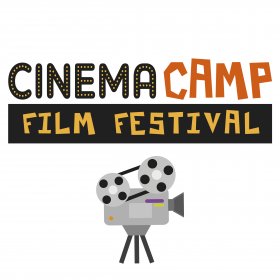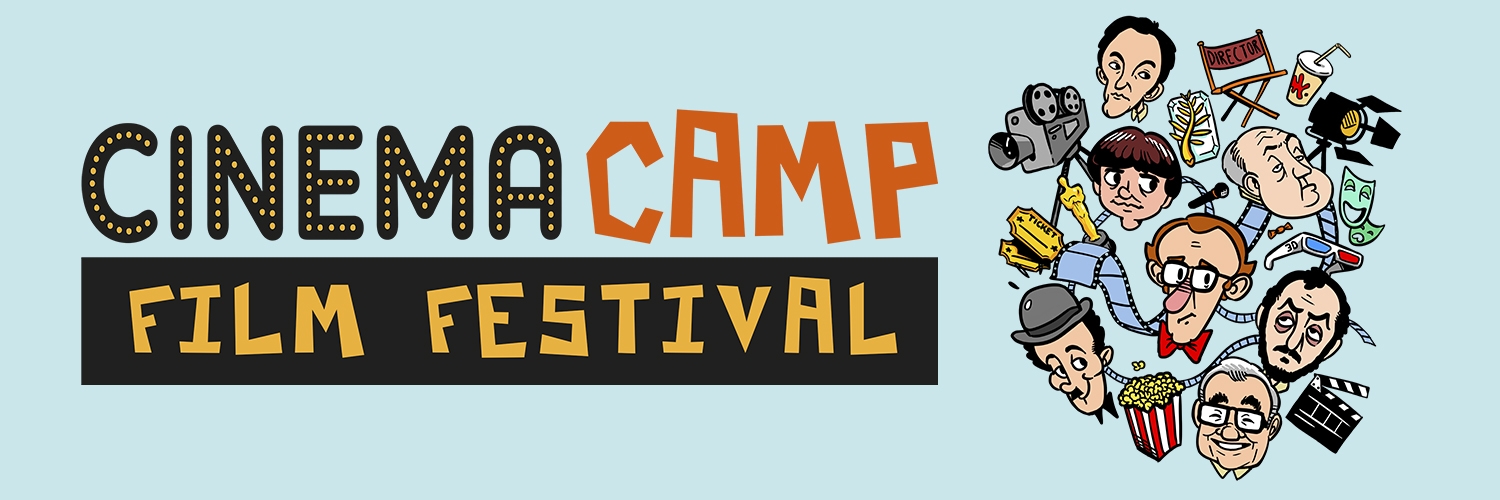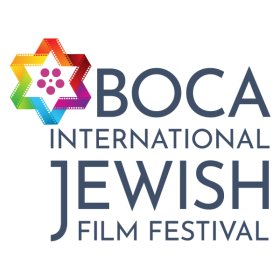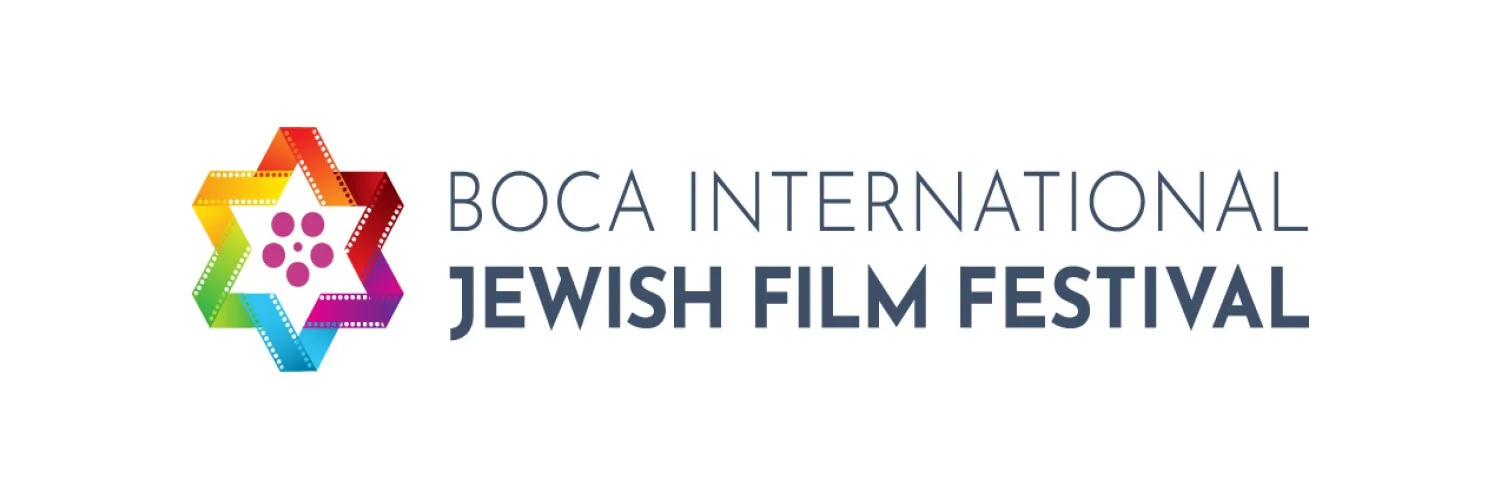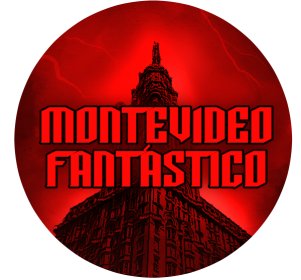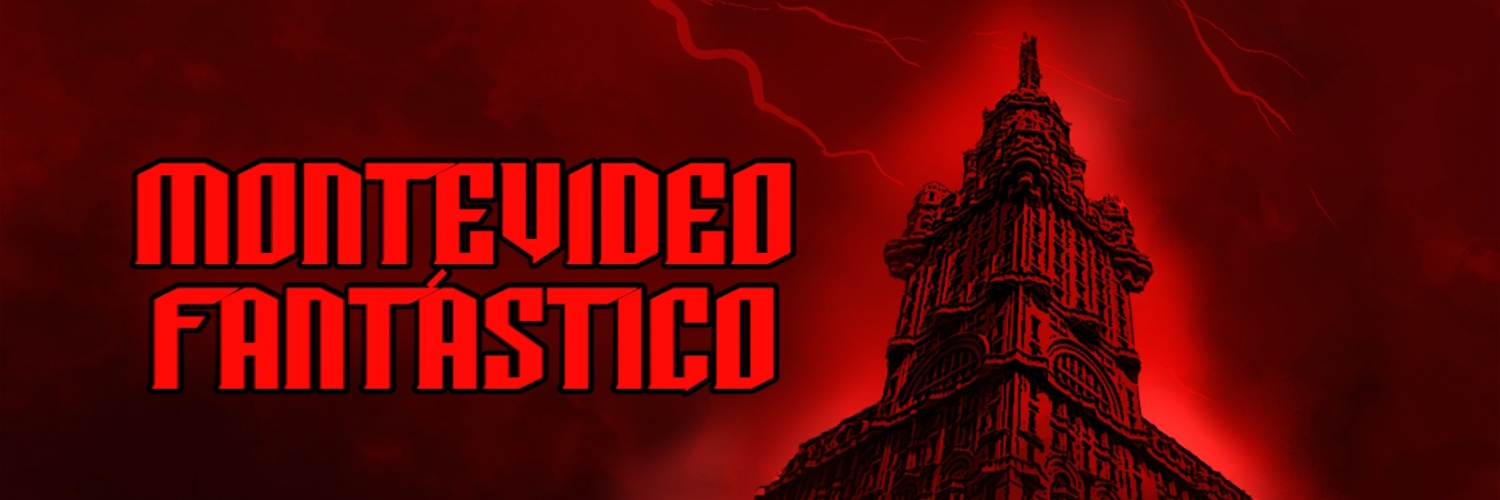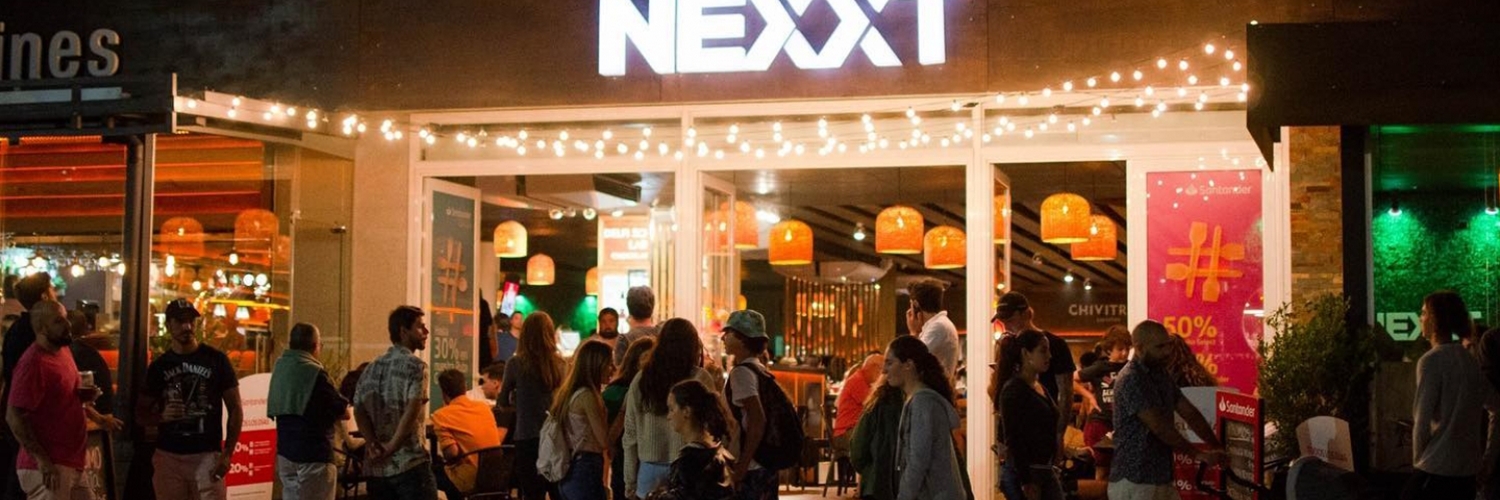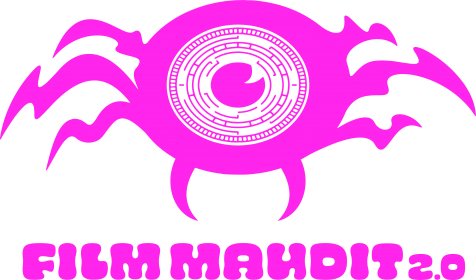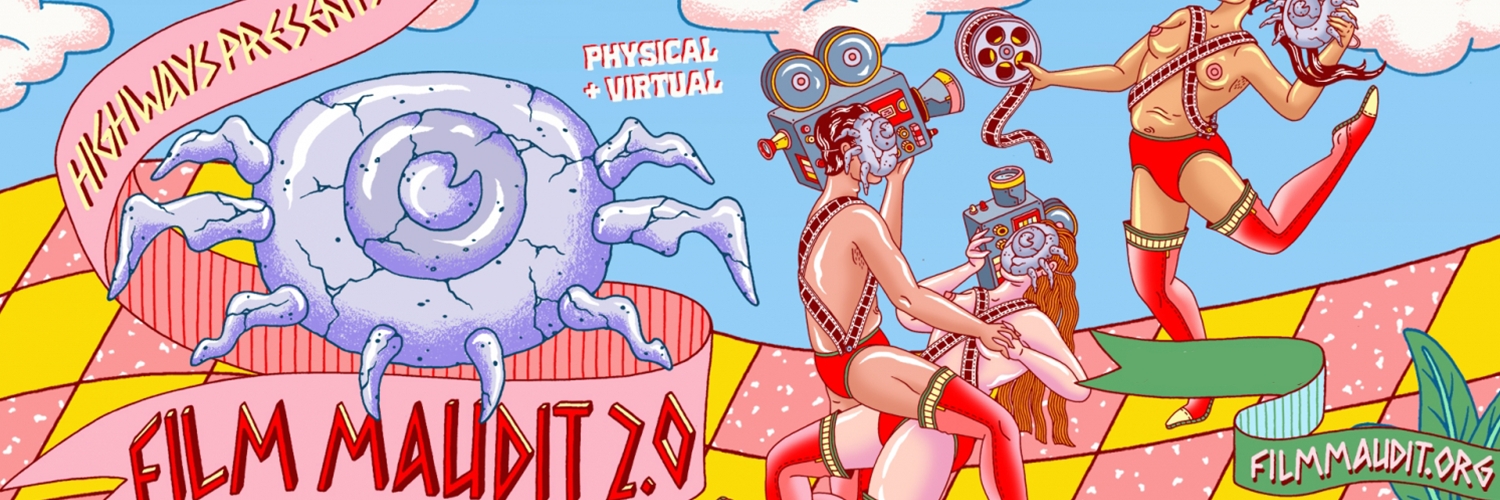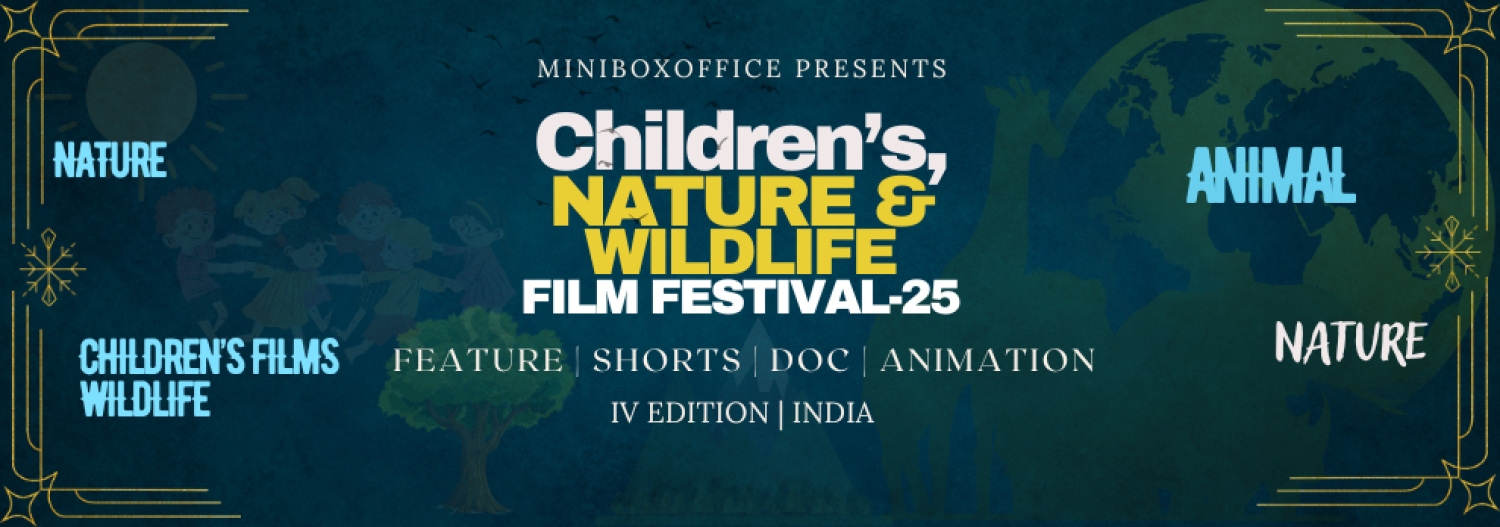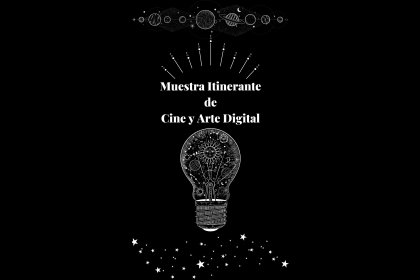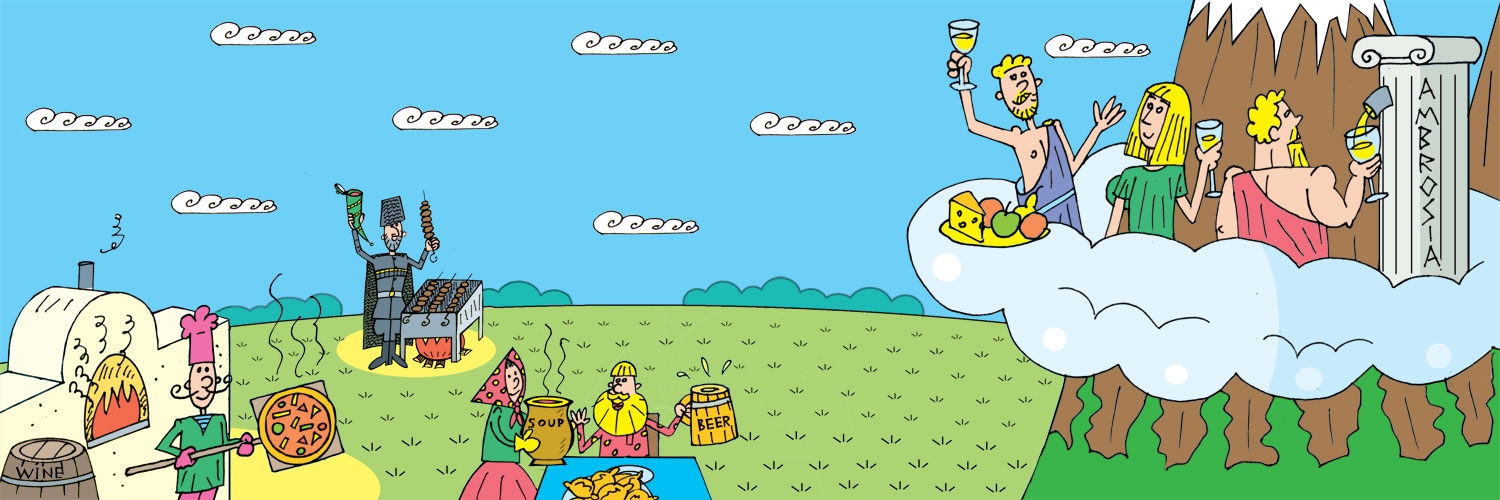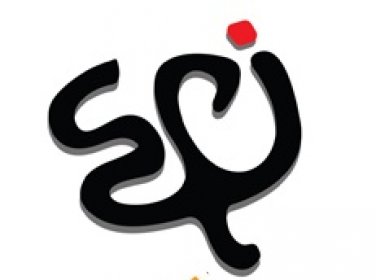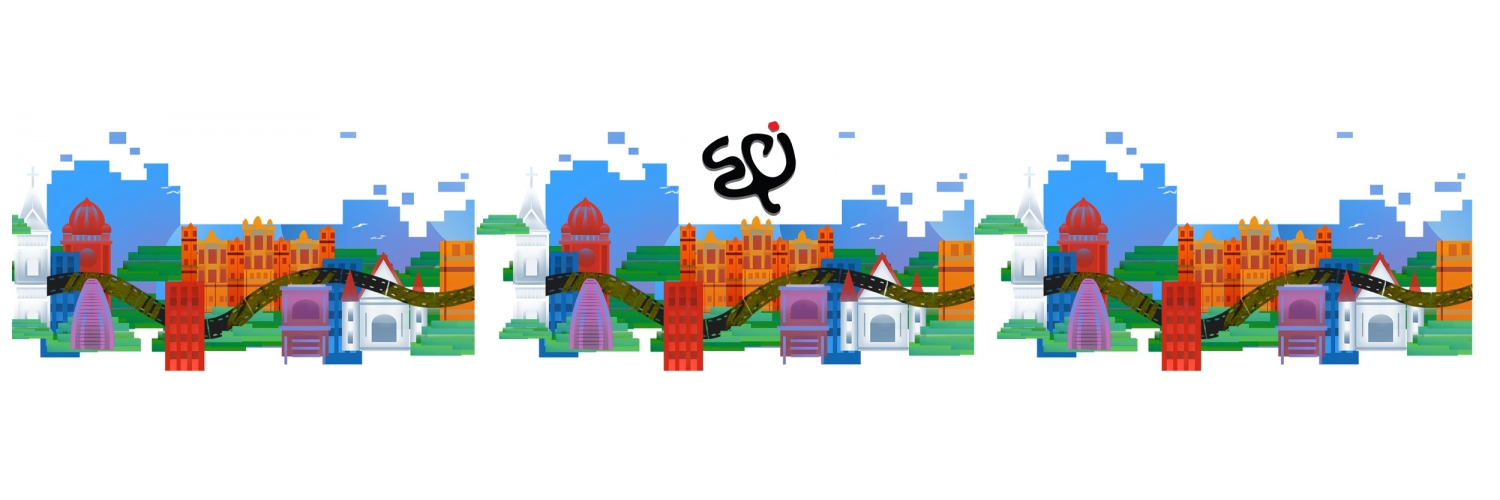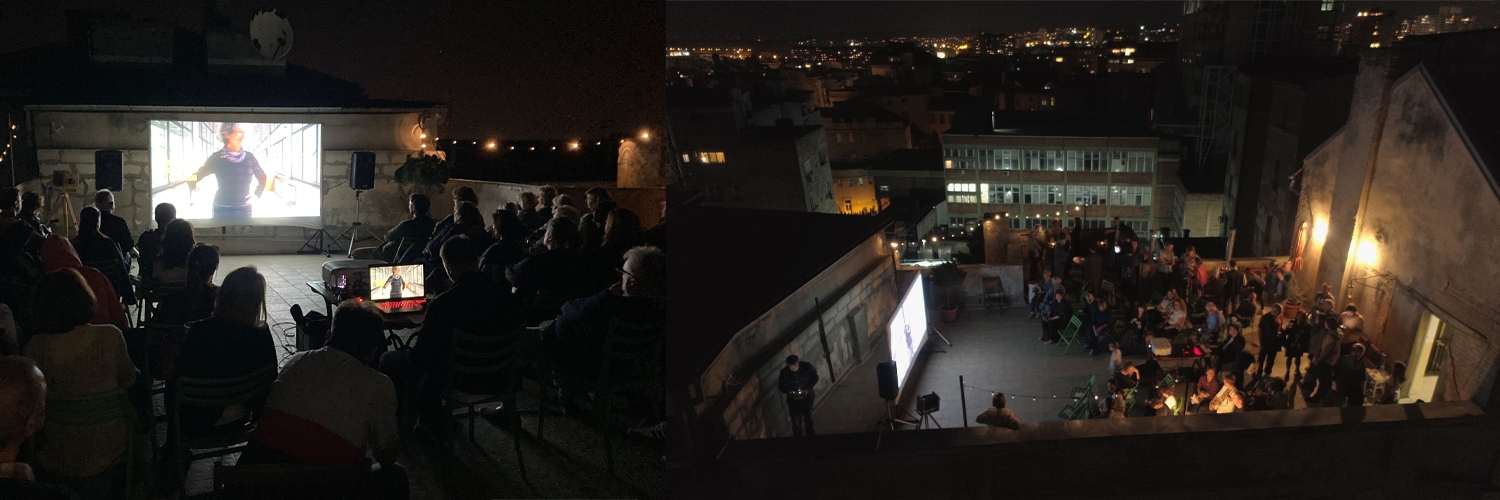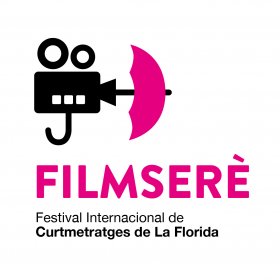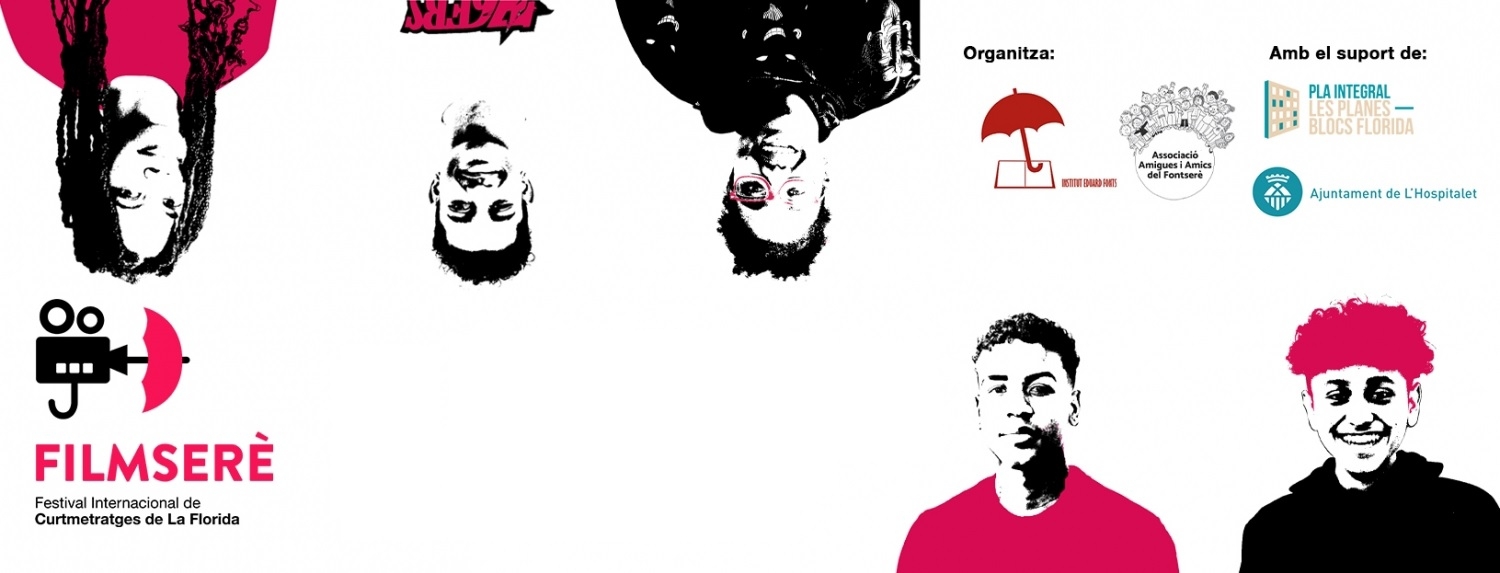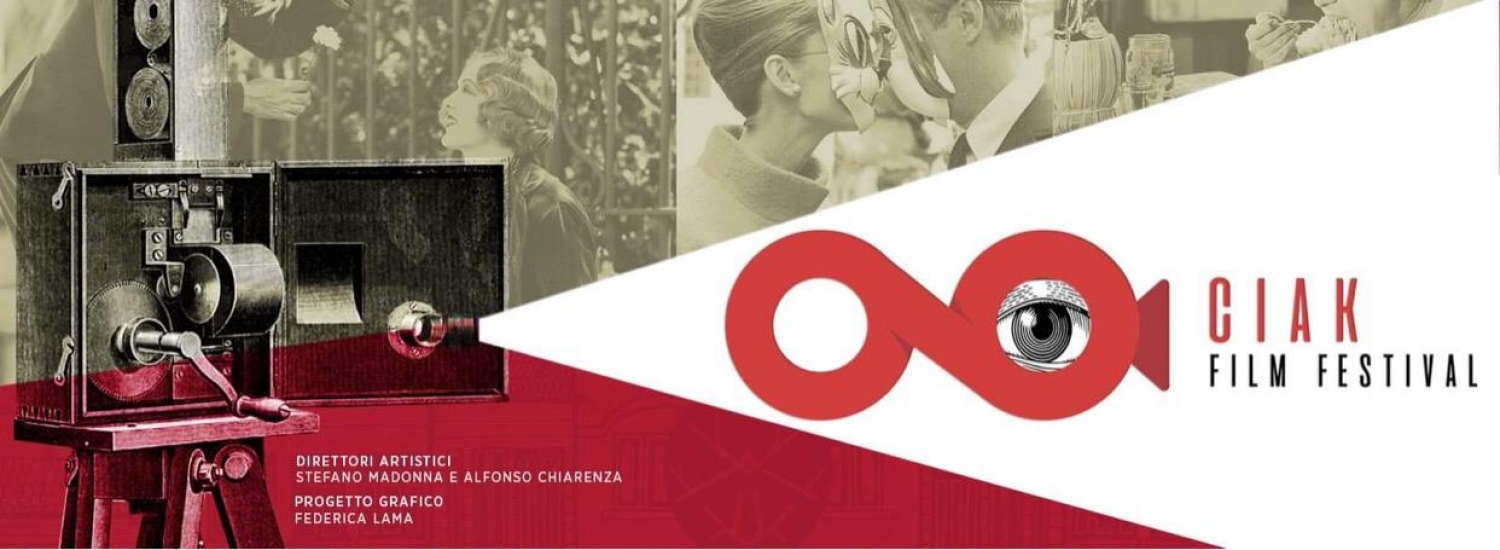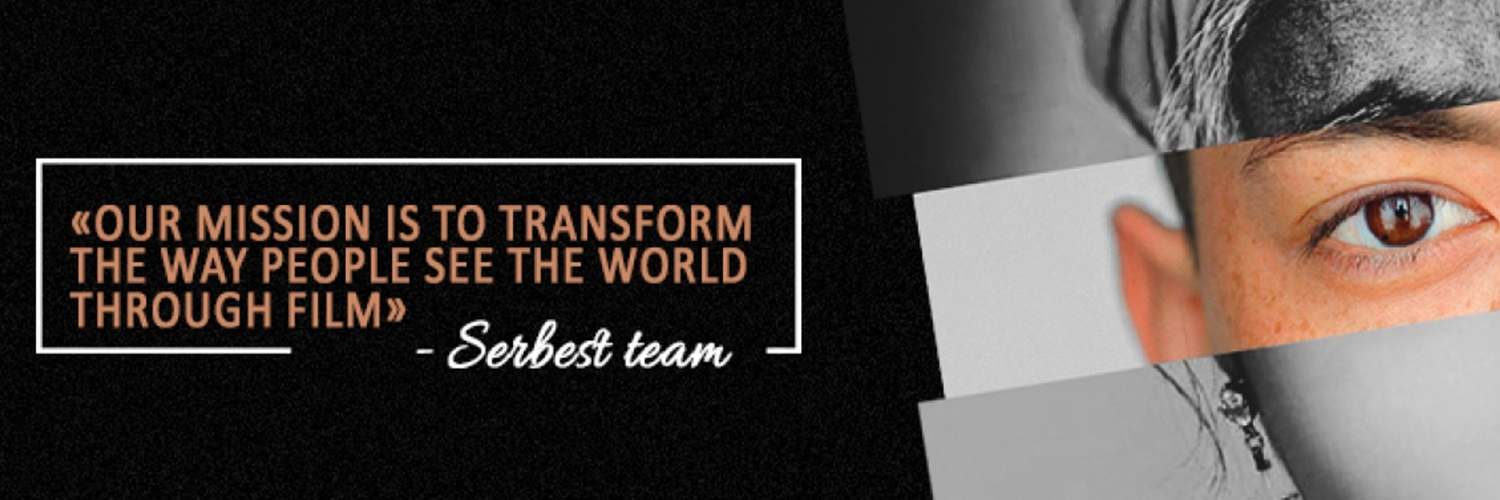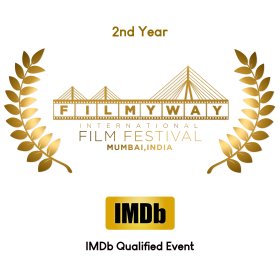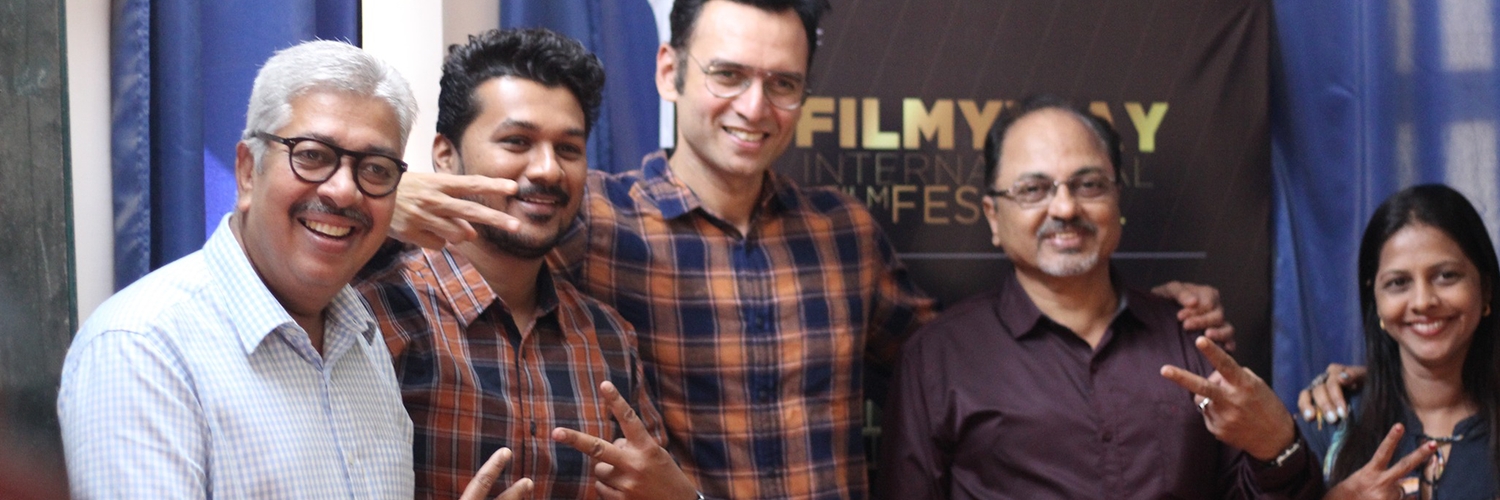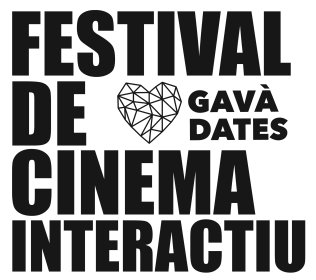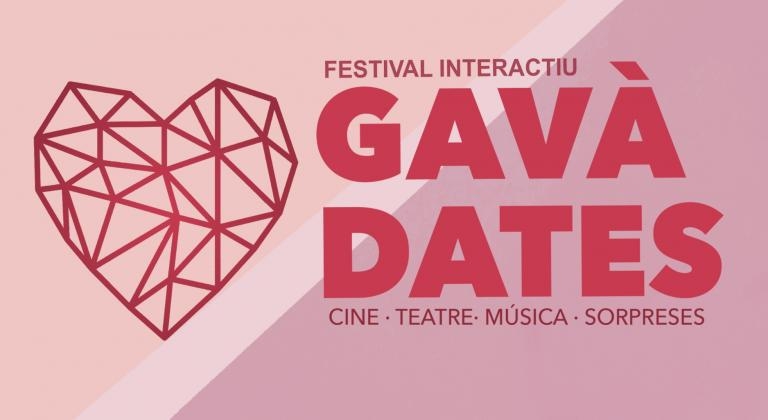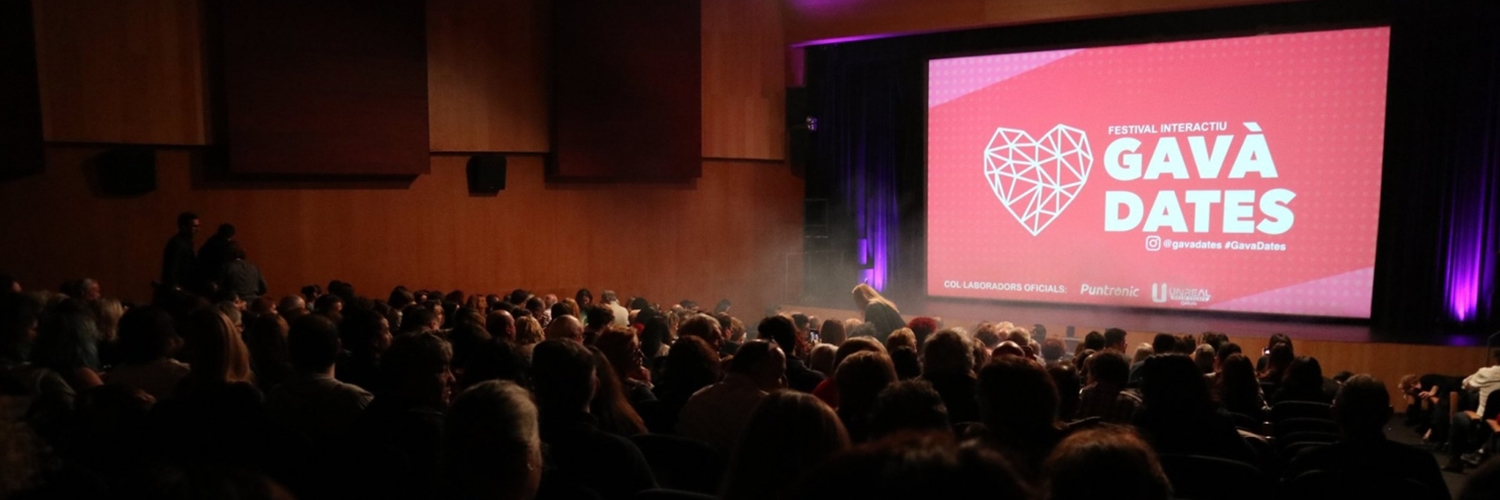
Cinema Camp Film Festival is a short film festival open to filmmakers from all over the world that has a double function: on one hand, serve as a platform for the dissemination of the short film in those places where it does not have much presence, and on the other hand, to function as an educational and formative tool, allowing the young spectators, who mostly make up their audience, to learn and draw inspiration from the visualization of the different cinematographic works.
The functioning of the festival, open to all types of audiences, is very simple: among all the short films received, a final selection will be made, which will be the one screened in the different sessions of the festival (which will take place in different Spanish cities at throughout the summer). Assistants to each of these projections will be the ones in charge of choosing their favoire short film. The short film that gets the most votes will win the Best Short Film Award of the festival.
Likewise, a specialized jury formed by professionals from the cinematographic sector will grant the different special mentions: Best Direction, Best Photography, Best Screenplay, and Best Actor/Actress.
Wallachia International Film Festival is a highly professional, industry connected film festival, an exclusive independent grassroots film festival taking place in an exquisite location in Downtown Bucharest, only hundreds of meters away from Dracula’s former court in the grand Old Town!
Our aim is to discover the directors, screenwriters and photographers of the new millennium and award their fresh, out of the box ideas in order to accelerate their careers.
We won multiple cinema prizes including important awards at major film festivals, like Cannes, Locarno, Montreal, London, Milan, Miami and Atlanta. Also, our advertising work received accolades at Ad’Or, while working for companies like UNICEF and Nestlé-Purina.
But there’s nothing we love more than indulging ourselves with cinematic candies from all over the world, under the summer night sky of Wallachia. We will be arguing for a long time about which ones we feel are the best, and about the most promising unproduced screenplays.
Welcome to Wallachia, the Legendary Land of Principe Vlad III Dracula, universally known as Vlad the Impaler, Voivode of Wallachia. Born in 1431, Vlad was an authoritarian Principe, he revolutionized the affairs of Wallachia and refused to pay tribute to the sultan Mehmed II, resulting in a bloody war with the Ottomans. Multiple works containing stories about Vlad's cruelty were published soon after his assassination in 1475. In 1897, Bram Stoker downgrades Prince Vlad to Count Dracula, a blood-sucking vampire inspired by Wallachian ancient folklore. Loosely based on the book, Dracula (1931) casts immortal Bela Lugosi as the doomed romantic Count.
Just think cinétopia! Feel hundreds of years of mythic Wallachian history under the night sky! It’s a 100% natural multimedia affair!
We watch all movies and video, we read all screenplays and we select exclusively based on artistic merits. Networking does work on us. But only if we're talking art.
This is our 12th Year running Jewish Film Festivals. Veteran Film Festival Directors Wendy Honig, Lesley Rich and Arleen Roberts invite you to join our new International Jewish Film Festival. We started our Jewish film adventure in 2014 at the Palm Beach International Film Festival, moving our group of dedicated screeners and patrons thereafter in 2017 to create the Boca Raton Jewish Film Festival with a commitment to grow the festival into one of the largest in the nation, and thereafter becoming the 2nd largest in the US in 2023.
WE DO NOT CHARGE A SUBMISSION FEE, UNLIKE OTHER MAJOR FESTIVALS IN FLORIDA. One of our purposes is to support filmmakers to get exposure for their films and find distribution opportunities.
We have now expanded to become a new International Jewish Film Festival that will be held in February and March with film programs planned year-round. Our large selection of exciting premiere films will be screened at Cinemark Palace 20 and Movies of Delray and Lake Worth. The Festival is a 501(c)3 charity organization formed as a celebration of Jewish / Israeli cinema. It is a gathering of filmmakers, film enthusiasts, and industry professionals who come together to appreciate and showcase the art of filmmaking. We reach out, excite and bring together our community with and through the power of films that showcase Jewish spirit, culture, traditions and humor.
The Festival features many World and US Premieres. The Festival is proud to introduce new films and filmmakers to distributors and its audiences, including both full length and short films. The Festival is run by Wendy Honig and Lesley Rich
Submissions are for consideration the festival to be held early 2026.
Montevideo Fantastic Film Festival is the first Uruguayan festival dedicated to promoting national and international film productions related to horror, fantasy and science fiction genres. Its objective is to annually present independent and ultra-independent creations that are often considered "minor", and that hardly access commercial and cultural circuits.
It has sections related to short and long feature films in competition, as well as exhibitions, tributes to different figures of the genre, lectures presented by specialists, and promotion of different cultural activities that occur in the country.
The Montevideo Fantastic Film Festival has been declared of Cultural Interest by the Ministry of Education and Culture, of Municipal Interest by the Intendance of Montevideo, and of Tourist Interest by the Ministry of Tourism in Uruguay.
It was screened in the Punta del Este International Film Festival, LatinUy Film Festival ("Cinema Fantasy" section, in La Barra), Piriápolis de Película International Film Festival ("FantaPiria" section), as well as in several foreign genre festivals like 'Buenos Aires Rojo Sangre' from Argentina; 'Brasilia International Fantastic Film Festival' from Brazil; 'FIXIÓN Fest' from Chile and 'Zinema Zombie Fest' from Colombia.
CineFem, the First International Women's Film Festival of Uruguay, whose first edition was held in Salto (Uruguay) but that from then on was permanently developed in Punta del Este, is a space to reflect on the role of women in cinema and in our society. CineFem, the woman's view.
Film Maudit 2.0 (www.filmmaudit.org) is a showcase and celebration of new outré, unusual and startling films. Now approaching its 5th edition, the fest is inspired by legendary artist Jean Cocteau’s festival, Le Film Maudit, which celebrated a group of films that were criminally overlooked and neglected at the time.
-
The term film maudit literally means “cursed films,” and this showcase of counter-cinema blends together narrative, documentary and experimental films that in their style and/or subject matter, are deliberately bold, extreme, confrontational, troubling, shocking and/or unusual.
-
We are looking for adventuresome works that eschew conventional genre & format expectations and deal with socio-political issues, taboo subjects, and challenge artistic assumptions and sexual mores. These works can be in the form of feature films, short films, pilots, VR, and works that cross disciplines.
-
The festival is co-presented by and takes place in part at Southern California's boldest center for new performance and media arts, Highways Performance Space & Gallery in Santa Monica, CA. In its 34th year, Highways continues to be an important alternative cultural center in Los Angeles that encourages radical artists from diverse communities to develop and present innovative new works. Described by the Los Angeles Times as “a hub of experimental theater, dance, solo drama and other multimedia performance,” Highways promotes the development of contemporary socially involved artists and art forms.
Children's, Nature & Wildlife Film Festival is an India’s independent film festival promoted by Miniboxoffice India. The Children's, Nature & Wildlife Film Festival aim is to showcase & promote professionally made entertaining, enlightening & encouraging feature films, short films, animation & documentaries among target audience. The festival accept all genres of children’s, Nature, Climate & Wildlife films be it a fantasy, motivational, drama, disability, educational, science fiction, adventurous, parenting etc.
The Children's, Nature & Wildlife Film Festival is a boutique of children’s, Nature, Climate & Wildlife films celebrating childhood & nature. The festival objective is to bring the world class cinema to the door step of children’s which provide alternate source of learning & help in understanding the culture of other nations and nature through the art of cinema. CNWFF also giving exposure of film education through various workshops & master classes. At the same time providing platform to the filmmakers in reaching out wide audience through CNWFF.
The festival helps in raising the standards of quality content for children’s & nature films and also helps to boost-up the film market. We hope that CNWFF will prove a milestone for filmmakers in their career & a rich experience for audience as well.
Every August, filmmakers from around the world meet up for The Indie Gathering International Film Festival. The Indie Gathering is more than just a film festival - it's a place where filmmakers can gather together with the audience for one great weekend!
We are the Alternative for Independent, Underground and Experimental Film and Video. The "Indie" Gathering Film Festival exists to showcase the independent filmmaker.
Our mission is to inspire and encourage film makers through a competitive showcase.
Filmmakers participate in their screenings and after the films speak with audience members who seek a closer look into the creative process.
With competitions for films, scripts, film scoring, special FX makeup, and acting/monologue, The Indie Gathering has a place for everyone! The weekend consists of three screening rooms, a convention/vendors room, film seminars/lectures, competitions, networking parties and more! If you are involved in, or interested in, any aspect of filmmaking, this festival is for you.
Previously voted one of the Top 25 Film Festivals by MovieMaker Magazine as the Best Fest for Networking!
We screen the best documentaries from around the world at the Roxie Cinema, the oldest art house theater west of the Mississippi. Many of our titles end up with calendared runs at the Roxie later in the year. We get great press coverage in San Francisco, the second largest film market in the country, plus industry reviews.
San Francisco is a very receptive town for documentaries and our fest has built a passionate following over the past 24 years.
LAST YEAR'S PRESS COVERAGE: https://sfindie.com/press-coverage
SF DocFest is an annual festival devoted to documentary cinema. Since 2001, this event has brought the most weird and wonderful aspects of real life to the big screen.
"What makes the scrappy San Francisco Documentary Film Festival a treasure to SF Bay Area filmgoers is its willingness to take that extra step to show films a little more out there than bog standard documentaries." - Peter Wong, Broke Ass Stuart
“Docfest offers a zippy blend of politics, music, social issues and youth-oriented subcultures. The good news is that DocFest promotes documentaries as a vibrant, irreverent form of entertainment to a younger demographic, blasting the notion of educational films to smithereens. There’s no room for anything approximating — watch it, I’m about to blaspheme – the obsessively measured and utterly somnambulant musings of Ken Burns.” – Michael Fox, KQED
“Since its inception, DocFest (May 31-June 15 at the Roxie and the Vogue, with opening night at Alamo Drafthouse) has compiled a colorful scrapbook of genuine characters in contrast to the current events survey, educational seminar or social-issue forum that defines many documentary series… There are one or two people in Off the Charts you won’t soon forget, which could be said about nearly every film in DocFest. That’s one of the pleasures of scrapbooks.” – also Michael Fox, KQED
Michael Fox just loves DocFest, here's another:
"Welcome to SF DocFest, the beloved annual compendium of odd, unusual nonfiction films from every nook and corner of our bizarro country and beyond. Waving off the pedigreed, high-profile docs that premiere at Sundance, get theatrical releases (or these days, national virtual releases) and chart a course for the Academy Awards, SF DocFest’s programmers opt for poignant, intimate works that miss the mainstream by dint of their iconoclasm and/or lack of a marketing hook." -KQED
"This week brings the kickoff to the 20th edition of SF Docfest, the rapidly-becoming-venerable nonfiction showcase that nonetheless continues to put the fun in documentary cinema appreciation. While other such showcases tend to be soberly issue-themed, focusing on the environment, activism, or some such, Docfest pursues—though not exclusively—colorful human interest stories, musician profiles, and other subjects on which there will not be a class quiz afterward." - Dennis Harvey, 48Hills
Ambrosia — the Spring Festival of Living Cinema
What is Ambrosia? Both the nectar of the gods and a poisonous plant. Our festival is just like that — a fusion of contrasts: inspiration and aftertaste, admiration and disillusion, the sublime and the ordinary.
At the Ambrosia International Film Festival, you’ll see world cinema in all its forms and moods — from comedy to tragedy, from documentaries to animation, from student shorts to full-length works by seasoned filmmakers.
We celebrate cinema that breathes, argues, surprises, and dares to be different. Ambrosia is a space where fresh ideas meet experience, and audiences can taste film — sometimes sweet, sometimes sharp, sometimes burning just a little.
The spring edition of Ambrosia is a celebration of contrasts and discoveries — where films awaken emotion and leave an aftertaste worth talking about.
All officially selected films will be shown on the big screen during the solemn final ceremony on April 24 – 26, 2026 in Moscow, Russia, and will be able to struggle for the main prize and the title of the “Best Film”. As well as for the prizes in the standalone nominations.
XII CortoGijón Festival
The Gijón Short Film Festival arises in 2015 as a parallel section within the Aula 18 National Short Film Contest in the delivery After the disappearance of
emblematic festival three of the programmers decide to maintain their essence by transferring the festival to Gijón. It is in the second edition that of 2016, where the festival moves to the municipal centers of the city to develop a festival with an eye on short films and music. Since then to the competitive sections (Official Section, Asturias Section) And to the sample sections (Panorama Asturias and Mirada FICX) have been there have been concerts that have given luster to the cultural spaces of the city and that have served to put the climax to each projection.
Names like Marilia, Pablo Und Destruktion, Marem Ladson, Tiger and Diamond, David Feito… confirm the high level
musical that lives the festival and its local and regional look.
In 2020 Laboral City of Culture joins with a new screen inside CortoGijón thus amplifying collaborations between all cultural entities in the region started in 2017 with the Mirada Ficx section in collaboration with the Gijón Film Festival.
We are extremely honored to welcome you to the fifth edition of Shades Festival. The impetus for the festival came from a need to find out and showcase the best of shorts each year.
The last edition concluded on the third week of March 2023 screening 20 short films which got selected from the films sent around the globe.
As in the previous editions we are providing a great platform to showcase your creative works with a great panel of jurors. In this edition we have introduced new category, Documentary
We will continue to raise the bar in standards and we hope you will have an exciting festival this year.
Write to secretary@shadesfestival.org for your concerns.
Asha Achy Joseph
Festival Director
Sound and Music Film Festival Makedonska 21 is taking place in an old Belgrade building dating back to early 20tth century (1928), which is situated on Makedonska 21 street. This was the building of the strongest workers union at the time, founded to promote highly respected values of mutual respect and solidarity. After the Second World War the premises were used by Radio Belgrade as the location of Studio 10, which was the home of most significant radio dramas and music records. This place was responsible for introducing the art of sound to Belgrade listeners and making it an essential part of their cultural heritage, proving itself to be of an immeasurable artistic, cultural, and social significance.
Today, the building is a blend of residential and commercial units. Relying on the building’s rich history, their residents decided to give something in return and contribute to its tradition by starting a film festival that celebrates the art of film music and sound design.
The festival is intended to be a professional networking platform for anyone coming from these fields –film composers, sound designers, sound recordist, music producers, musicians, music bands, to name a few, in order to give them the opportunity to explore, learn, exchange their knowledge and unite ideas.
The festival welcomes films of all categories – documentary films, short fiction films, experimental films, animated films, of all genres, as long as they are commited to creative use of their soundscape.
The bulding premises alow this event to spread its sound magic on various stages simoultaneously – from the monumental hall with great acoustics, and music store Metropolis located on the ground floor, all the way to the roof top, where people can enjoy films and live music over drinks under the vast Belgrade sky.
At the beginning of June 2026, the neighborhood of La Florida will host the 8th edition of FILMSERÈ – International Short Film Festival of La Florida. This project is conceived by the students of the Cinema course at the Institut Eduard Fontserè, in L'Hospitalet de Llobregat, with the guidance of teachers and professionals connected to the world of cinema and with the collaboration of local residents, social entities and associations, among others.
This is an event organized by people from the neighborhood for people from the neighborhood, where the rest of the community from L'Hospitalet, Barcelona and beyond are also invited! It is an international festival, featuring short films received from all over the world, supported by the Integral Plan Les Planes-Blocs Florida of the City Council of L'Hospitalet.
Short films of all kinds are selected, with one single criterion: that they be of the highest quality and with great entertainment value. Fiction, documentaries, animation, music videos, etc. are all accepted. Several awards are granted, some of them with cash prizes.
In addition to a student jury, made up of 4th-year secondary students who organize the festival, we have an official jury, made up of professionals from the world of cinema and the arts; a Catalan jury, made up of Catalan Language and Literature teachers; and a social jury, made up of social agents from the neighborhood.
The festival features open-air screenings as well as indoor screenings in venues across La Florida, such as the Institut Eduard Fontserè, the Tecla Sala Library, the Ana Díaz Rico Municipal Center, Primavera Avenue, and L'Hospitalet Television. We look forward to seeing you all there!
The Ciak Film Award is an International Film Festival dedicated to Short Films lasting no more than 40 minutes, of any theme done in an original or surprising way, structured in three categories:
NARRATIVE SHORT FILMS
DOCUMENTARIES
MUSIC VIDEOS
The Short Films are selected by an internal jury and screened in a Theater in one of Rome's most characteristic areas: the Teatro Trastevere.
The first inaugural edition took place on June 7, 2025, and we are now working to prepare the 2026 edition, which will also take place in June.
The Serbest International Film Festival was created to showcase bold cinematic voices from around the world. We aim to discover both emerging and experienced new directors and screenwriters, providing a platform to present their work while offering meaningful support and career development opportunities.
We champion filmmakers who push boundaries - those daring enough to explore the human experience through innovative storytelling and fresh perspectives. SIFF is a cultural organization whose mission is to transform the way people see the world through film.
Our festival was born from the urgent need to create space for talented filmmakers globally. Each year, we bring together the most original storytellers and adventurous audiences through programs featuring narrative films, documentaries, shorts, experimental works and animations.
In 2024, we launched Serbest Film Distribution (serbestdistribution.com) - a groundbreaking platform helping our filmmakers connect with distributors, producers and festivals worldwide. This new initiative opens doors to distribution deals, funding opportunities and invaluable industry relationships.
At SIFF you'll find:
▸ A home for daring, human-centered stories
▸ Active promotion of your work to industry leaders
▸ Professional development through masterclasses
▸ Networking with like-minded creators
▸ Awards that open doors: distribution deals, funding introductions, and media coverage
We're committed to evolving - creating better opportunities, stronger industry pathways and greater visibility for independent filmmakers everywhere. Your unique vision deserves to be seen. It's a place where filmmakers can showcase new stories and offer a fresh perspective on humanity and the world we live in.
At Filmyway film festival , it is our ongoing mission to champion the work of writers and filmmakers, and this goal has never felt as urgent as it does today.
Filmyway film festival is an annual festival with award ceremony and a live show.
Mumbai is a hotspot for filmmakers who want to promote their independent project.
With so many awards, you have more chances to win! No budget? No problem.
We know how painstakingly difficult it is to make a movie, we even know how hard it is just to write a good script.
We know what it takes, and we're here to reward you so you can get real recognition for your work.
We want to help indie filmmakers find success by celebrating their achievements with a plethora of different awards.
Interactive Festival where the public enjoys Short Films, theater, music and surprises.
The public participates in an active way during the event.
We accept any gender except Horror. Open to all types of filmmakers, whether professional or amateur.
The festival will be held in the town of Gavà, Barcelona (Spain), in mid-February. The IX Edition will take place on Saturday, February 21, 2026.
